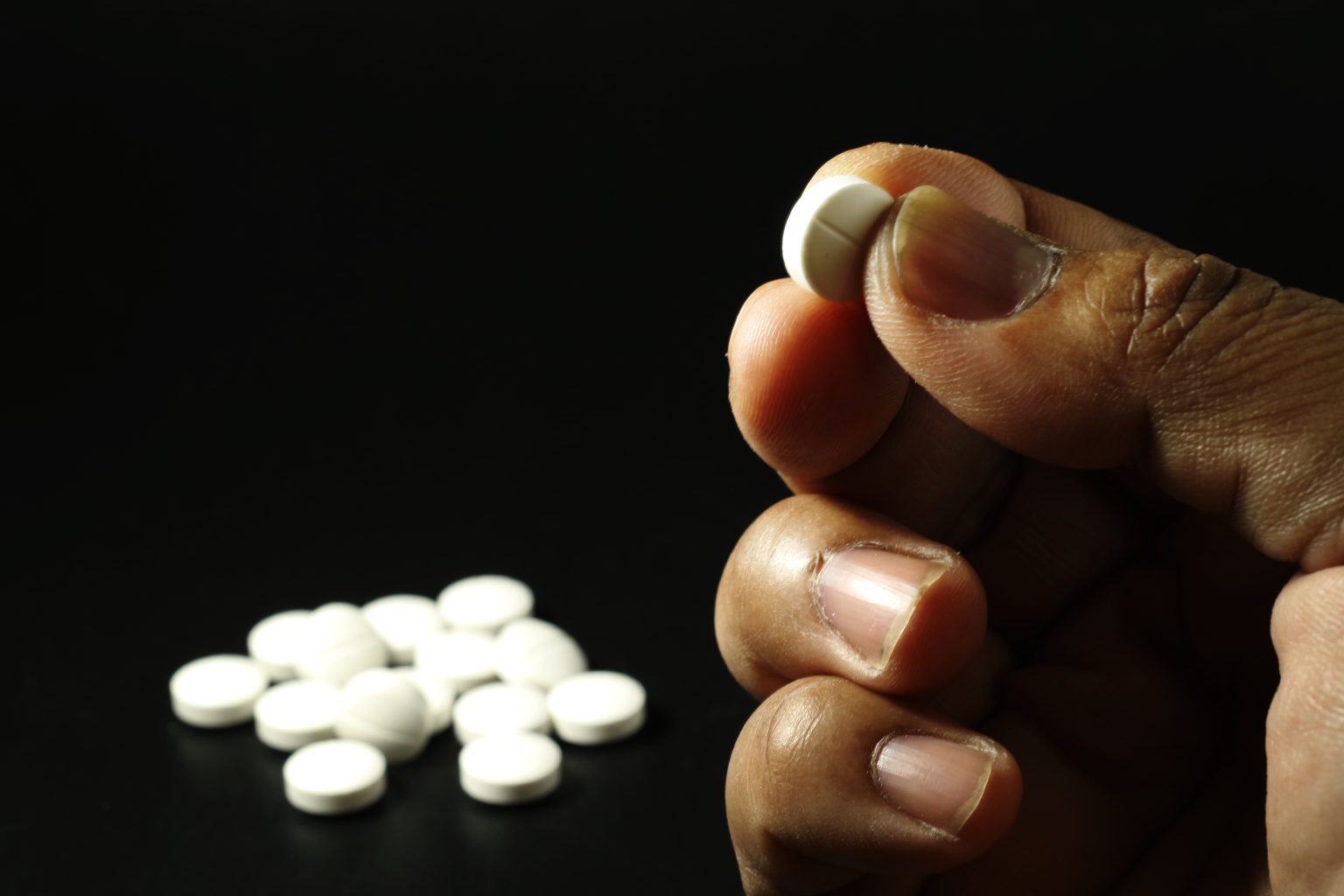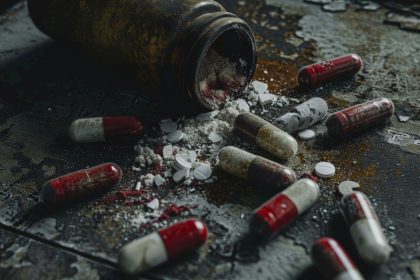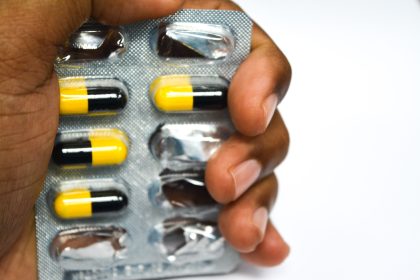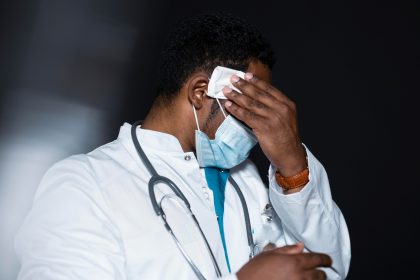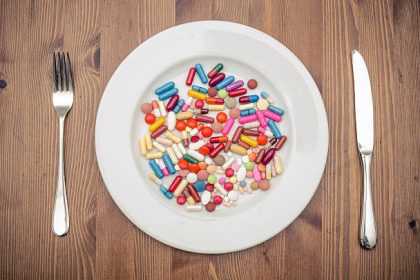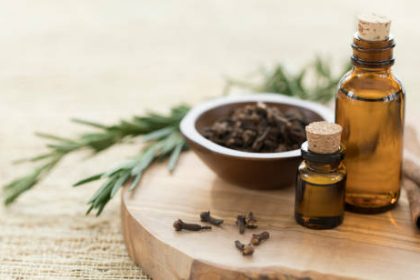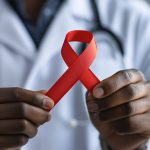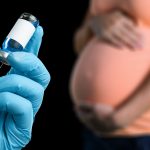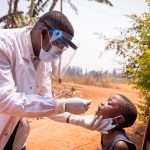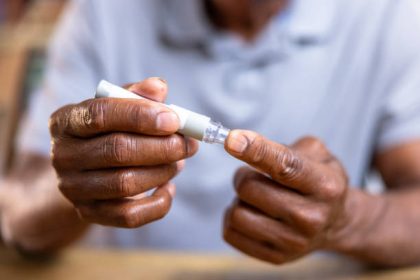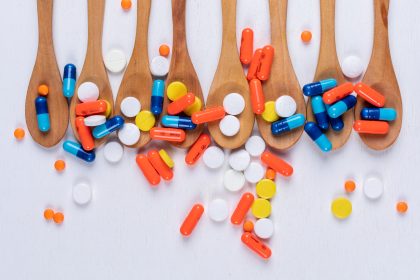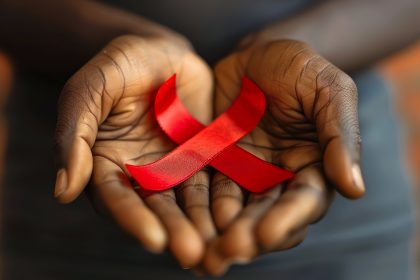Rapper King Kaka recalled the nightmare of wrong diagnosis, and worse, being pumped with antibiotics so outdated they’d been banned in Kenya for years.
Picture yourself walking into a pharmacy, confident that every capsule, suspension, or medicated ointment you buy is a lifeline, perfectly manufactured to help you heal. But what if the pill is fake, a dangerous gamble?
The waking reality is that Kenya faces a silent killer: fake medicines flooding hospitals and pharmacies. Counterfeit, substandard, and adulterated drugs now threaten patients nationwide—delivering poison instead of healing, despair instead of cure.
Former Health CS Dr Deborah Barasa and current CS Aden Duale have both warned about the growing threat of counterfeit, substandard, and adulterated drugs – a crisis putting lives at risk.
‘’Why is the maternal mortality rate in Kenya, after investing for many years, still very high?” wondered Duale. “It is because,” he answered, “the drug we use to stop them from bleeding is the wrong drug.’’ Duale blamed regulatory failures during a key ministry meeting on April 9, 2025.
Dr Barasa had warned at this February’s Axmed Summit: Counterfeit cancer and essential drugs—filled with poison or useless doses—now flood Kenya’s markets, causing treatment failures and deadly consequences.
What’s the difference between fake, substandard, and adulterated medicines? Well, counterfeit medicines are complete fakes. Criminals deliberately copy real drug brands but fill them with wrong ingredients, too little medicine, or nothing at all. The packaging looks real, but what’s inside isn’t.
Criminals use several tricks to make money from fake medicines
Substandard medicines come from real, licensed companies but something went wrong. Maybe the factory made a mistake or didn’t check quality properly. These drugs might not work or could be dangerous.
Adulterated medicines started as real drugs but got contaminated or mixed with wrong substances. This happens accidentally through careless handling or deliberately when manufacturers want to cut costs and boost profits.
How do criminals make money from fake medicines? They use several tricks. Some replace expensive medicine ingredients with cheap, useless substitutes while charging full price. Others put in less of the real medicine and fill the rest with harmless powder, keeping fat profit margins. The worst criminals copy famous drug brands completely, fooling people into paying premium prices for worthless fakes. How big of a problem is this in Kenya?
Kenya’s fake medicine trade is massive. According to Elizabeth Merab and Eunice Kilonzo in the Daily Nation (2020), this black market is worth Ksh15 billion. Most fake drugs enter through Mombasa port, where authorities caught over 12.5 million counterfeit medicines and veterinary products in 2017 alone.
The problem hasn’t gone away. In February 2024, police in Kitui County busted a smuggling ring connected to Somalia. They seized a truck full of fake and substandard medical supplies. Pharmacy and Poisons Board (PPB) inspectors and Kitui County officials found that some drugs had unknown strength while others had been banned in Kenya for over twenty years. These medicines would have been sold cheaply by dishonest pharmacies, tricking desperate patients.
Prohibited drugs caused serious health problems, extreme weight loss, long illness
The human cost is heartbreaking. Rapper King Kaka told Fixing the Nation about his nightmare experience. Doctors misdiagnosed him and gave him antibiotics that had been banned in Kenya for years. The prohibited drugs caused serious health problems, extreme weight loss, and long illness—showing how fake medicines can destroy lives.
The World Health Organization (WHO) identifies substandard and falsified (SF) medical products as a growing global health issue affecting millions and threatening health systems worldwide.
In December 2024, the WHO revealed that one in ten medicines in low and middle-income countries is substandard or falsified, leading to costs of $30.5 billion annually due to consequences such as drug resistance, severe health complications, treatment failures, and toxicity.
A seething tragedy unfolded in Gambia in October 2022 when contaminated pediatric cough-syrups, meant to relieve flu symptoms, killed 70 children under the age of five, secondary to acute kidney injuries.
The cough syrups in question were produced in India, the world’s pharmacy as it globally produces about a third of medicines (mostly generic), and which meet Africa’s medical needs.
Consequently, WHO issued a medical alert for the removal of the cough syrups from the market.
Lab tests in Ghana and Switzerland revealed a shocking truth—the medicines contained lethal doses of toxic chemicals (ethylene and diethylene glycol), a painful reminder of the consequences of negligence in drug regulation.
Serious issues with medicine quality, how they’re made, and poor storage conditions
A recent study by Dr. Anthony Martin Toroitich at IGAD in Nairobi looked at Kenya’s drug safety reporting system from 2014 to 2021. His findings were alarming: 52 percent of reported problems came from low-quality medicines. Even worse, 42 percent of these cases involved treatment failures, pointing to serious issues with medicine quality, how they’re made, and poor storage conditions.
When health products like medicines, vaccines, and medical devices are found to be unsafe, poor quality, ineffective, or fake, the Pharmacy and Poisons Board (PPB) and other regulators issue recalls to remove them from the market.
Companies can also voluntarily recall their own products. Marketing Authorization Holders—the pharmaceutical manufacturers, importers, and suppliers who get approval to sell medicines in Kenya—sometimes pull their products when they discover problems.
Recalls happen when health products cause bad reactions, have quality defects, get contaminated, are mislabeled, or don’t meet regulations. These products are removed from circulation based on how serious the problem is.
It also damages brand reputation, reducing consumer trust and market share
When medicines get recalled, it can lead to market withdrawals, penalties for manufacturers, supply restrictions, and other actions to protect public health. It also damages brand reputation, reducing consumer trust and market share.
The PPB has recently recalled several medications due to quality and safety concerns. On April 24, 2025, they recalled Paracetamol injections (brands: Lumidol, Blink, and Paragen) and Augmentin antibiotics from specific batches due to falsification and contamination issues.
They also recalled S-Prazo (esomeprazole 40mg) from batch SPZ404 after discovering that antibiotic pills were mistakenly packed with stomach acid medication. The East African Community Competition Authority has issued a regional alert since these medicines may have spread beyond Kenya.
Kenya needs better customs inspections, sharing intelligence about fake medicines
Better border controls: Kenya needs stronger partnerships between the World Customs Organization, the Institute for Research Against Counterfeit Medicines, and the PPB. This means better customs inspections, sharing intelligence about fake medicine operations, and using digital tracking systems. Joint training for customs officials and stricter regulations would help ensure only safe, high-quality medicines enter Kenya.
Learn from neighbours: Kenya should copy Tanzania’s approach to drug safety monitoring, especially their community-based reporting and public awareness campaigns. These grassroots detection methods have been crucial for spotting fake medicines early. Tanzania’s post-authorisation safety studies would also help Kenya maintain better pharmaceutical standards.
Achieve WHO recognition: Reaching WHO Maturity Level 3 (ML3) status would transform Kenya’s pharmaceutical industry. This would mean stricter quality control, better surveillance, and faster approvals to eliminate fake medicines. ML3 would also encourage local pharmaceutical manufacturing, reducing dependence on imported fake products. This milestone would strengthen healthcare and build trust in Kenya’s pharmaceutical system.
Dr Sharon Wambua is a Pharmacist and Creative Non-Fiction Writer.



